As an audiologist, I have worked with many patients who have experienced noise-induced hearing loss (also known as NIHL) due to their hobbies or occupations.
While shooting sports are a popular pastime in many parts of the US, including my home state of Michigan, they can also lead to hearing loss without proper precautions. One of the most common causes of NIHL in my patients is shooting, whether from military service, hunting, law enforcement work, or target practice.
Shooter's ear is a real concern for anyone who enjoys this sport, and it's important to understand what it is and how to protect yourself. Keep reading to learn about shooter’s ear, what it means, and how to protect your ears.
What is shooter's ear?
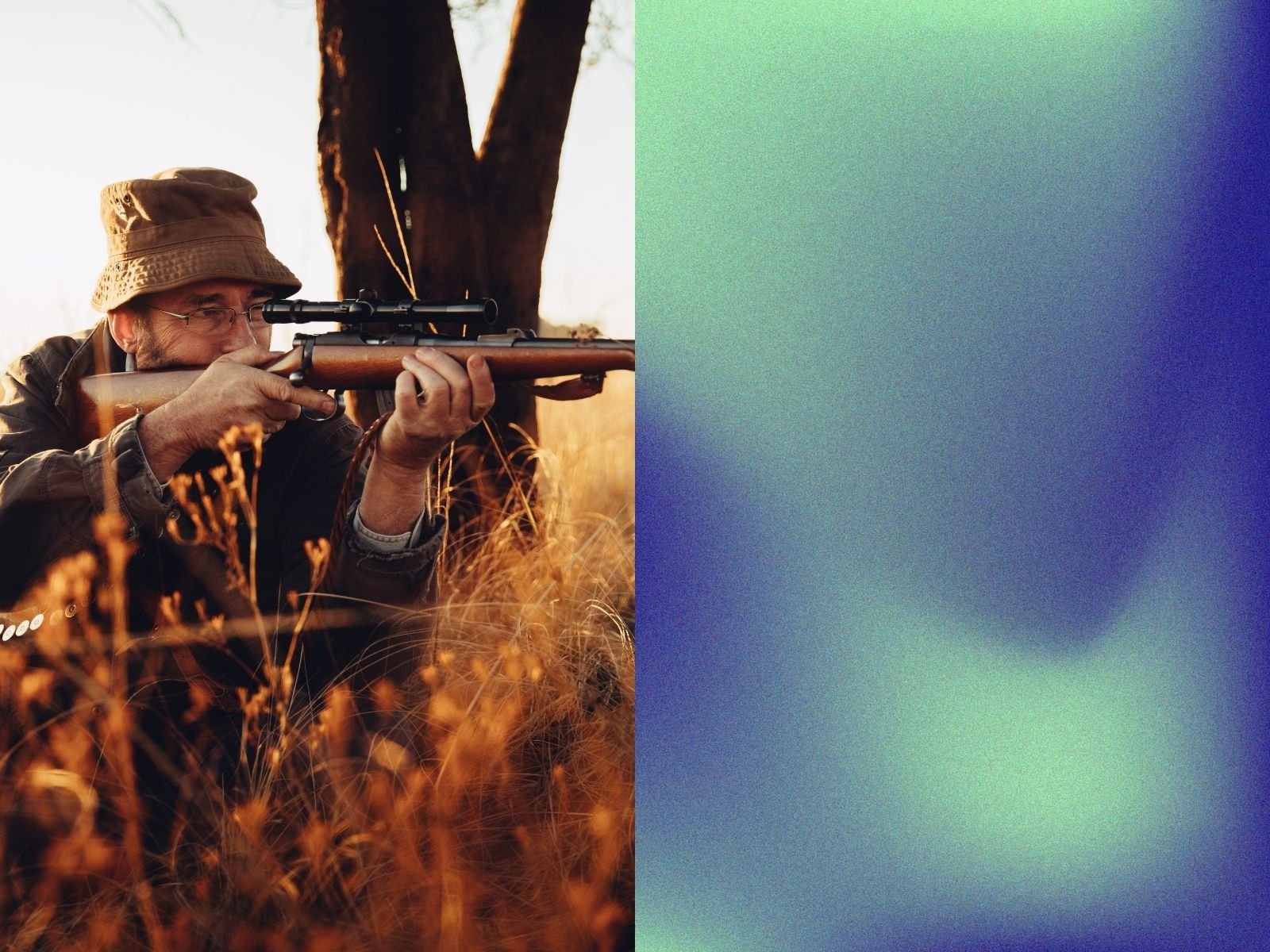
Shooter's ear is a type of acoustic trauma or noise damage caused by exposure to loud sounds like gun blasts.
When you shoot a gun, the sound can reach 140 decibels or more which to the unprotected ear is enough to cause damage in seconds. This loud sound can damage the hair cells in your inner ear instantly.
Our tiny, delicate hair cells have an incredible ability to hear, enjoy music, and understand speech. However, these cells are also delicate and susceptible to trauma from these loud sounds.
The exposure and subsequent damage from the gun blast will vary depending on the type of weapon, proximity to the gunshot, and whether the shooter is right or left-handed. On an audiogram, it's typically evident whether the shooter is right or left-handed.
For example, a right-handed rifle shooter is most likely to develop more hearing loss in the left ear. However, one thing is clear: Shooting leaves its mark not only on the target but also inside your ears.
Signs of Shooter's Ear
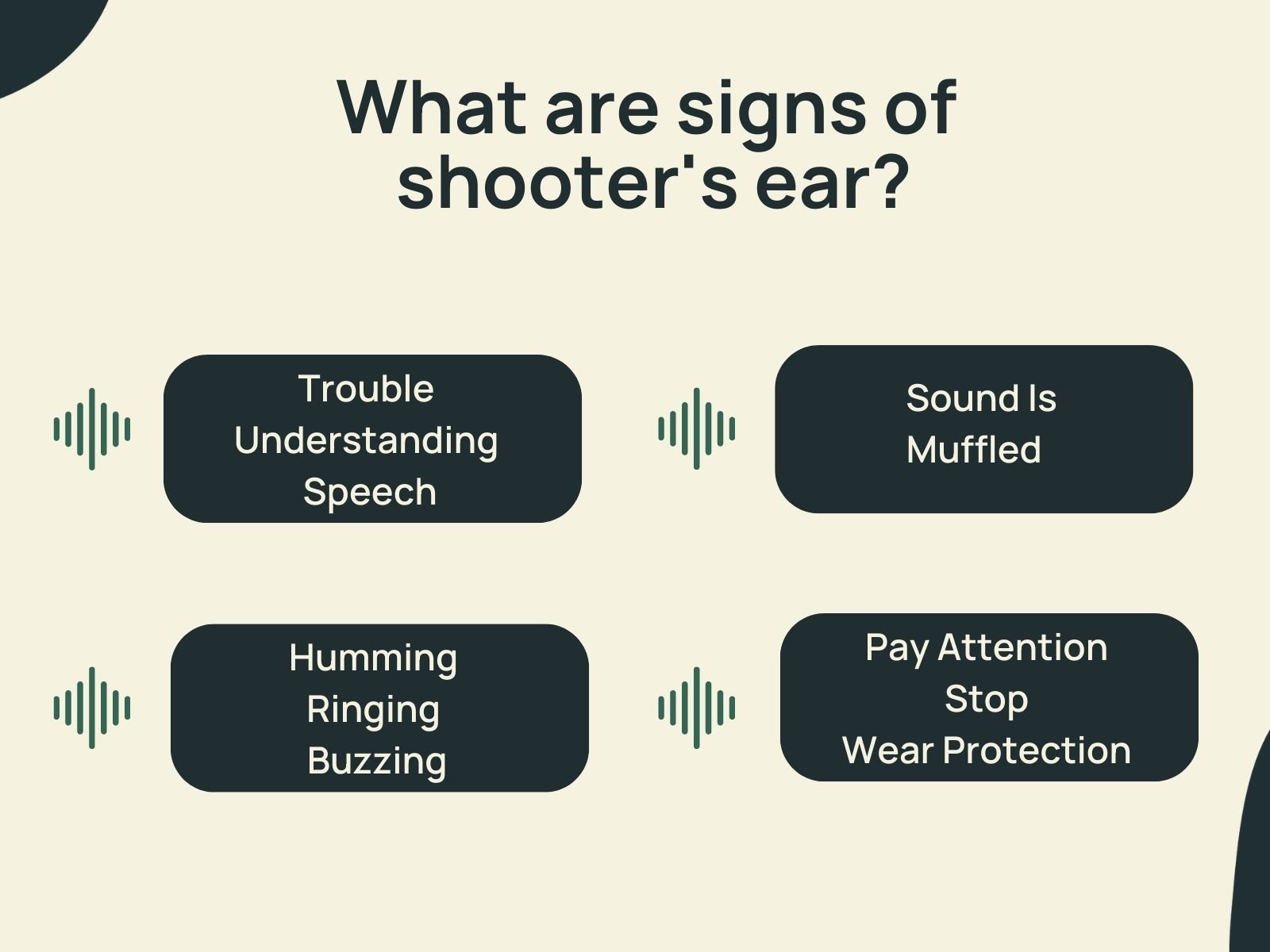
Exposure to gun blasts—even just one time—can result in:
- Ringing, buzzing, humming, or other sounds in the ear (i.e., tinnitus)
- Muffled hearing
- Difficulty with speech understanding
- Trouble understanding speech in the presence of background noise
Exposure to firearms causes a high-frequency sensorineural hearing loss, which means that you can hear people talking, but the words seem muffled and lack clarity.
If you have hearing concerns, try our 5-minute online hearing test to screen your hearing or consider setting up an appointment with an audiologist for a comprehensive hearing test.
How long does shooter's ear last?
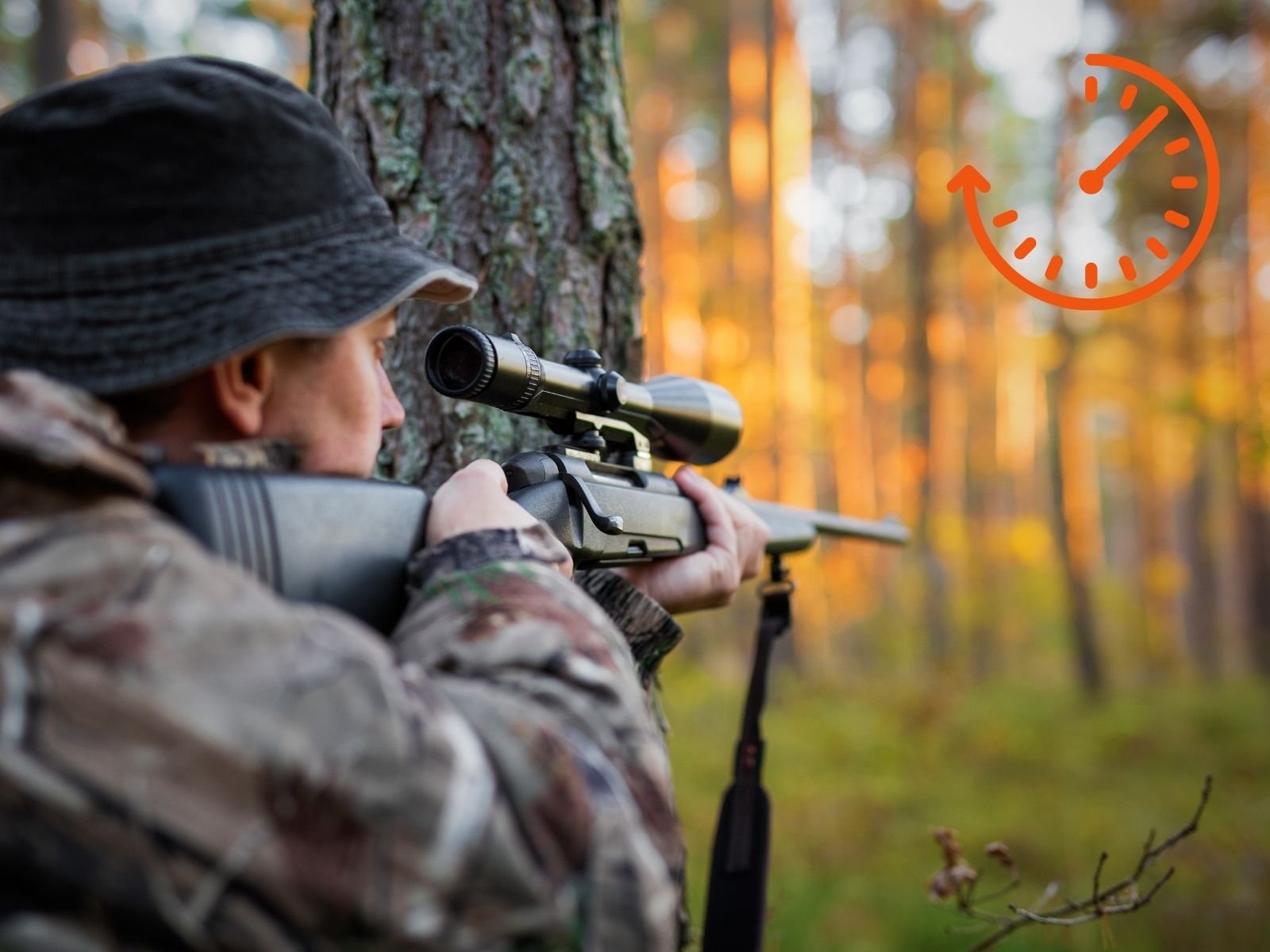
Shooter's ear can cause temporary or permanent hearing damage, depending on the severity and duration of the exposure.
If you experience a ringing or muffled sound in your ears after shooting, this is a sign that you may have damaged your hearing. This type of hearing loss can last for hours or days, but if you continue to expose yourself to loud noises, the damage can become permanent.
According to a National Health and Nutrition Examination Survey, approximately 70% of people with loud sound exposure do not use hearing protection.
Unfortunately, hunters who do not use hearing protection will develop hearing loss with near certainty. Therefore, it is important to remember that double hearing protection, such as earplugs and earmuffs are crucial to help protect your ears in the future. Hunting doesn't have to damage your hearing if you take the proper precautions.
Protecting Your Hearing from Shooter's Ear
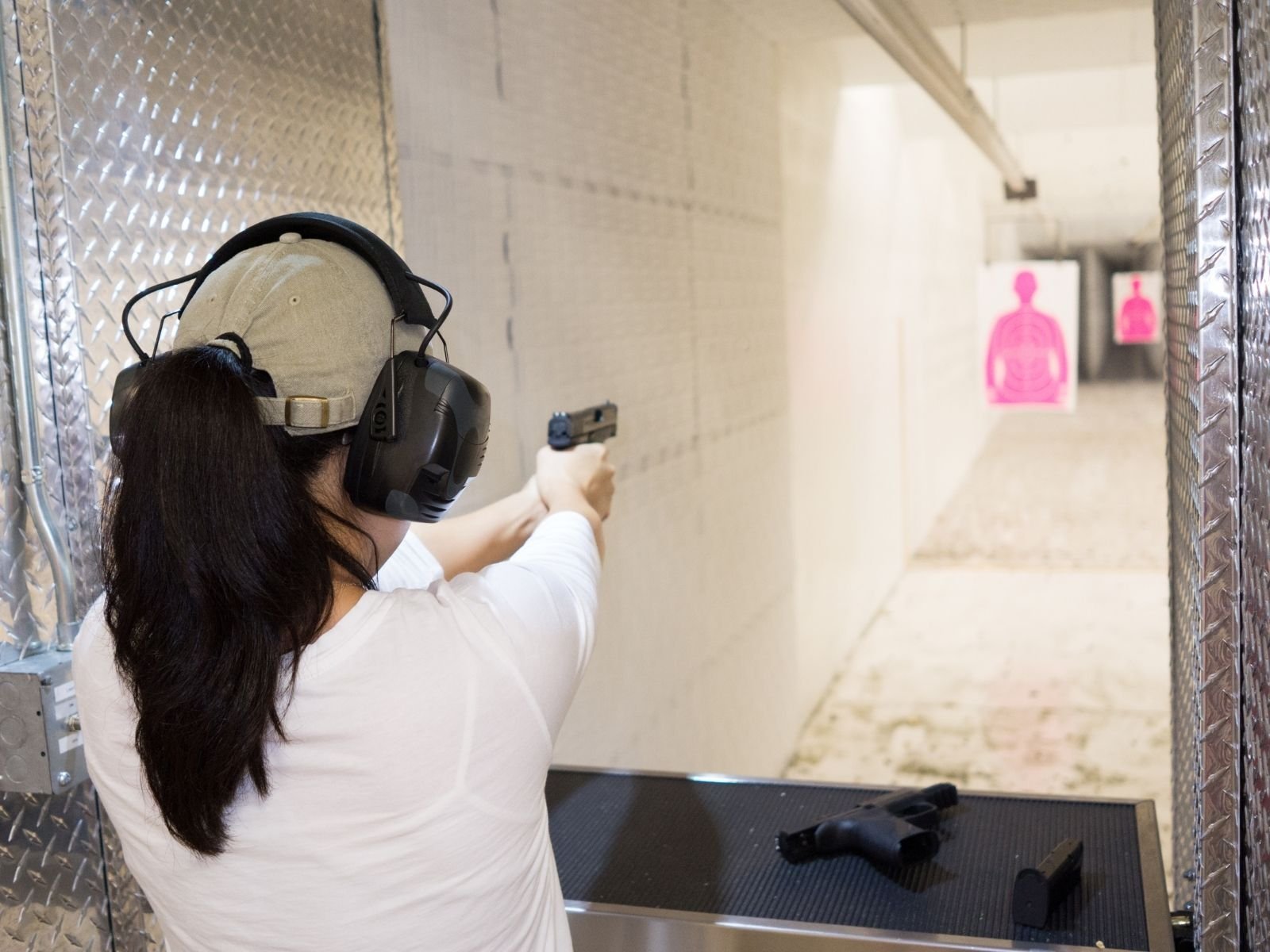
The good news is that hunting can be a great way to enjoy the outdoors, and hearing protection provides a safer way to take part in this sport.
If you or someone you know participates in shooting sports, here are some tips for protecting your hearing:
- Wear protective headphones or earmuffs around loud sounds.
- Use double hearing protection (e.g., earplugs and earmuffs) when shooting.
- Take breaks when shooting to give your ears a chance to recover.
- Have your hearing tested regularly by an audiologist if you are exposed to loud noises often.
Fortunately, shooter's ear is a preventable condition, and it's essential to understand how it affects your hearing and take the necessary steps to protect it.
If you find yourself experiencing any signs of hearing loss due to shooting, contact an audiologist for a comprehensive hearing evaluation. With the right tools and precautions in place, you can keep enjoying your favorite outdoor sport while protecting your hearing.
Will hearing aids protect my ears?

Hearing aids can help improve your hearing if you have already experienced hearing loss, they are not designed to protect your ears from loud noises.
In fact, wearing hearing aids in a loud environment can actually make hearing damage worse, because the increased volume can damage your ear further.
It's important to use proper ear protection whenever you are shooting, even if you wear hearing aids.
Best Shooter's Ear Protection
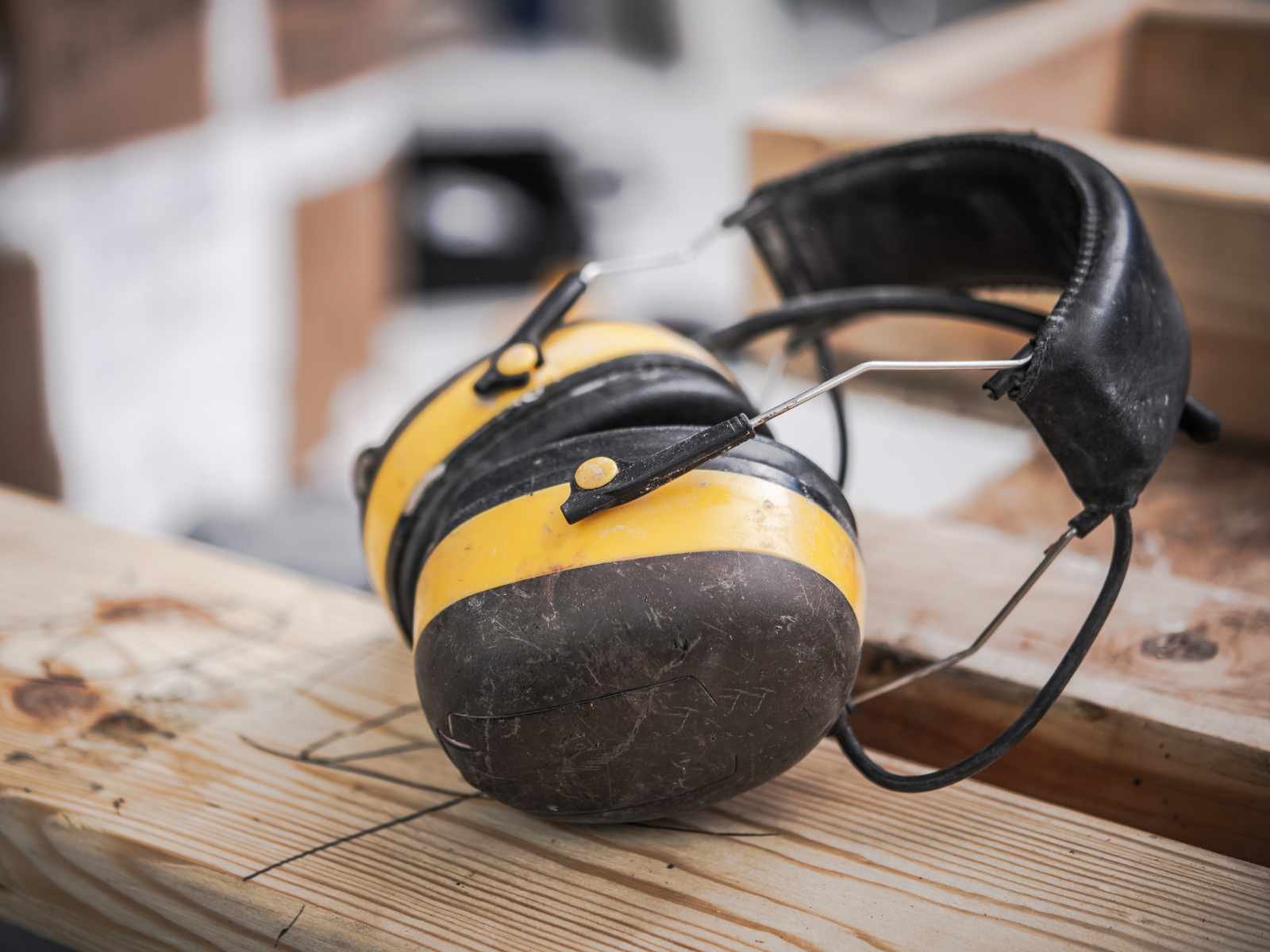
The best way to protect your hearing while shooting is to use devices or earmuffs specifically designed for shooting. These products are designed to reduce the decibel level of the loud noises you are exposed to while at the shooting range.
Some high-end electronic earmuffs allow you to adjust the sound level around you, which can be helpful when communicating with others while shooting. Electronic hearing protection is a great way to protect your hearing while still hearing your surroundings.
Electronic Earmuffs
This type of hearing protection allows you to hear speech and other environmental sounds clearly, while still providing hearing protection to block loud impulse sounds from rifles and pistols. Howard Leight Impact Pro Electronic Earmuffs are one great option.
Electronic Earbuds
Another option for hearing protection are electronic earbuds. For example, Axil GS Extreme 2.0 earbuds are a combination of Bluetooth earbuds, noise isolation headphones, and electronic earmuffs. These earbuds offer hearing protection, reducing sounds over 85 decibels, while still allowing you to hear conversation without muffled sound quality.
Want to learn more? Check out our guide to the best hearing protection for shooting and hunting
Recovery and Treatment
When to See an Audiologist
Regular hearing monitoring visits are essential for preserving long-term hearing health, especially for individuals with frequent exposure to loud noises. This is especially true for those with regular firearm noise exposure, such as hunters, shooters, or military personnel.
Frequent exposure to loud sounds can cause cumulative damage to the ears, often without immediate, noticeable symptoms.
An audiologist can help monitor any gradual changes in hearing and catch hearing changes before they become more severe.
Sudden changes in hearing, such as difficulty hearing or ringing in the ears (tinnitus), warrant seeing an audiologist as soon as possible. Prompt attention can help prevent further damage and may improve the chances of successful treatment.
Potential Treatments for Hearing Loss and Tinnitus
Hearing aids are one of the most common and effective solutions for treating both hearing loss and tinnitus. These devices provide amplification, making it easier to hear and also providing some masking of the tinnitus sound.
However, individuals with noise-induced hearing loss often face particular challenges in environments with background noise, as the damage typically impacts high-frequency hearing, which is crucial for distinguishing speech sounds from noise. This means people may struggle to understand speech in crowded places or noisy environments, even with hearing aids.
However, combining auditory training, such as LACE AI, and hearing aids can improve speech understanding in noisy settings.
Tinnitus can also be managed with several different treatment strategies. Hearing aids themselves can provide the brain with the sound that it “craves” and in this way help to lessen the tinnitus perception over time with consistent wear.
Sound therapy, which introduces soothing external sounds, can help mask the tinnitus and reduce its prominence. Some like to use nature sounds, such as rain or ocean waves, while others prefer white, pink, or brown noise.
Lenire is a recent FDA-approved treatment for tinnitus that uses bimodal neuromodulation. Cognitive behavioral therapy (CBT) may also be used to address the emotional and psychological impact of tinnitus, helping individuals cope with the feelings of anxiety or frustration that can accompany tinnitus. In some cases, medications may be prescribed to manage symptoms or reduce stress.
Recovery Expectations
While these treatments won’t cure tinnitus or reverse hearing loss, they can improve quality of life and help individuals better manage the effects of these conditions.
Regular visits to an audiologist can ensure that treatments are tailored to the individual's specific needs, particularly when it comes to adapting to hearing challenges in different listening environments.
Treatment can take some time and patience, almost no one puts on a hearing aid and instantaneously reports relief. Rather, it typically takes time to see improvement over a course of weeks or months.
Conclusion
Shooter's ear is a real concern for anyone who enjoys shooting, but it is also preventable. By using proper ear protection and understanding the risks of shooting, you can protect your hearing and continue to enjoy your hobby for years to come.
If you are experiencing hearing loss or ringing in your ears after shooting, it's important to speak with an audiologist who can help you find the right treatment options to improve your hearing. Remember, your hearing is a precious resource, and it's worth taking the time to protect it.
Frequently asked questions
A gunshot creates a brief, intensive sound in the range of 140 to 170 dB SPL.
While brief in duration, a gunshot produces an extremely loud sound that immediately impacts hearing. The inner ear hair cells sustain damage in the aftermath, and their ‘normal’ response to sound is impaired. If you’re lucky, those hair cells will recover within a few days, normal hair cell behavior resumes, and your hearing will recover. However, the noise damage can accumulate to the extent that soft sounds you used to hear are no longer audible.
Stop the noise exposure, and remove yourself from the gun range to prevent further damage. Gunshots can be loud enough to rupture the eardrum, particularly without wearing hearing protection. If you notice blood from the ear and muffled hearing after a gunshot, seek immediate medical attention. An over-the-counter pain reliever can help manage discomfort. Avoid future damage to the ear by always wearing dual hearing protection while shooting.
Tinnitus is a sign of auditory system damage. Just as hearing can sometimes become temporarily worse after noise exposure, tinnitus is a sign of an inner ear hair cell “hangover” that can linger for several hours to several days afterwards. Unfortunately, some people experience immediate tinnitus after noise exposure that then becomes longstanding and doesn’t fade. Proper hearing protection helps protect your ears and prevent this type of damage.
Auditory damage from noise exposure is irreversible. Even one gunshot exposure without hearing protection can cause hearing loss or tinnitus, temporarily or permanently. If these symptoms diminish within a few days, any susquent loud sound exposure could result in recurrence and possibly permanent hearing loss and tinnitus. Hunters and competitive shooters typically have permanent, longstanding hearing loss and tinnitus.






